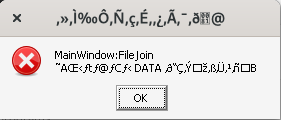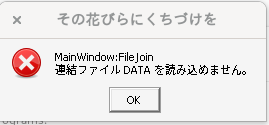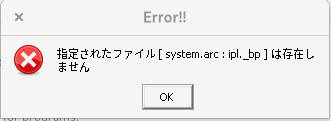Does Unity support Wayland?
Nope. However, UnityX, a prototype desktop environment (which will be available as a variant of Unity once ready), will include Wayland support.
I realize the name was likely chosen for completely unrelated reasons, but I can't stop laughing about UnityX being the only variant of Unity with Wayland support.



GNOME changed the way I used desktops. Dolphin changed the way I used file managers.
I always set Nautilus to use one-click behavior, but it doesn't have handles like Dolphin does. And Dolphin has a built-in terminal. And other niceties. I like Nautilus too. I think both desktops have some good ideas and I like to bring some KDE ideas over to GNOME and vice versa.
But if there's one thing I'm sure of, it's that GNOME is much better designed than macOS.